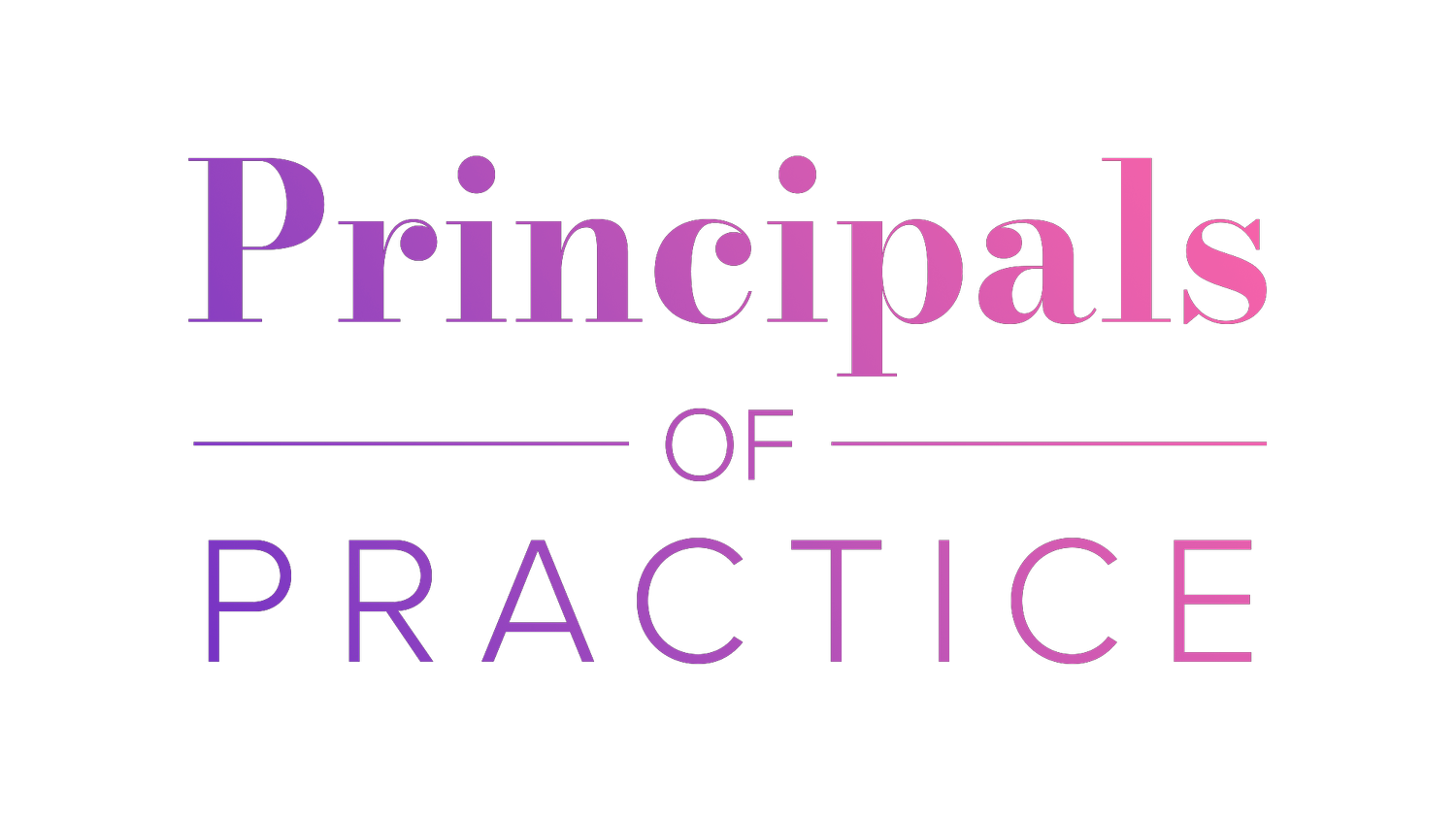Unlocking the Potential of Generation Z in the Workplace
Engaging and motivating Generation Z in the workplace is not just an internal matter—it’s a make-or-break issue for the future of your business. If your organisation struggles to connect with Gen Z employees, you're not only missing out on a talented, dynamic workforce but also losing touch with a growing segment of the market. In a world where customer bases are rapidly shifting to younger generations, failing to engage with Gen Z internally means your company may struggle to resonate with this demographic externally. The consequences? Declining market share, reduced relevance, and a threat to your organisation's long-term survival.
Gen Z, born between 1997 and 2012, brings fresh ideas and perspectives that can transform the workplace. However, businesses that resist adapting to these changes risk falling behind. While it might be tempting to push Gen Z to fit into existing workplace norms, doing so could mean missing out on valuable opportunities to evolve and modernise your organisation.
Why Understanding Gen Z Matters
To effectively engage Gen Z, it's essential to understand and appreciate the experiences and values that have shaped them. Raised in an era of rapid technological change, Gen Z has grown up with constant access to information and social media. They are deeply aware of issues like climate change, social justice, and mental health, and they expect their workplaces to reflect these values.
Unlike previous generations, Gen Z is not satisfied with simply earning a salary—they want to make a meaningful impact and work for organisations that align with their personal values. Authenticity is key for this generation, and they are quick to call out businesses that fail to live up to their promises. If your company's actions don’t match its words, you won’t just lose their engagement internally—you’ll lose their loyalty as customers and clients too.
Tapping into Gen Z's Potential: Practical Tips
Provide Supportive Feedback and Mentorship
Gen Z thrives on feedback and mentorship. This generation, raised with constant support from parents, sports coaches, tutors and mentors, expects a similar approach in the workplace. Regular, constructive feedback is crucial, as is the opportunity to work alongside experienced professionals who can guide their development. Upskilling older generations in the workplace with the skills to mentor and support Gen Z employees will not only boost Gen Z engagement, but also help them feel more confident and capable in their roles.
Offer Varied Learning Opportunities
Learning and growth are key drivers for Gen Z, and they’ve even been known to prioritise development opportunities over salary. This generation wants to continually improve, both personally and professionally, and they crave varied experiences to help them become even more adaptable. Providing diverse learning opportunities—whether through formal training programs, hands-on projects, or cross-departmental roles—can be a powerful motivator. Additionally, involving Gen Z employees in shaping their career paths ensures that their desire to have a personalised career journey is met.
Embrace Participative and Inclusive Leadership
Traditional, top-down leadership styles won’t resonate with Gen Z. They value inclusivity, collaboration, and a sense of partnership in the workplace. Leaders who are approachable, empathetic, and willing to engage in open dialogue will find that they can build strong relationships with this generation. Developing relational and coaching skills is essential for any leader hoping to guide Gen Z effectively. By involving them in decision-making processes and valuing their input, you’ll foster a more engaged and loyal cohort.
Walk the Talk on Values
Gen Z has a keen eye for authenticity. They expect businesses to live up to their promises, especially when it comes to social and environmental issues. If your company claims to care about sustainability or diversity, Gen Z will look for concrete actions to back up those claims. Failure to deliver will not only disengage them as employees but also drive them away as customers. To engage this generation, make sure your organisation's values are reflected in its everyday practices and culture. Whether it’s through corporate social responsibility initiatives or offering meaningful, purpose-driven work, showing that you’re serious about your values is key.
Appreciate Their Stage in Life
As the oldest members of Gen Z enter their late 20s, they are navigating a critical stage of life—transitioning from adolescence to adulthood. This period is marked by a desire for freedom, exploration, and growth, and Gen Z is less likely to commit to long-term roles early in their careers. Understanding this means providing flexibility and opportunities for change within the workplace. Whether through flexible work arrangements, varied career paths, or lateral movement across the organisation, giving Gen Z the ability to explore will enhance their sense of autonomy and engagement.
Conclusion: The Future is Gen Z
Failing to engage and motivate Generation Z is not just a problem within the walls of your organisation—it’s a threat to your market position and future growth. As this generation becomes a dominant force in both the workforce and the marketplace, companies that can engage with them internally will find themselves better equipped to succeed externally.
The organisations that will thrive in the future are those that recognize the value of Generation Z and actively work to meet their expectations. By embracing their need for mentorship, growth, authenticity, and flexibility, you can create a workplace where Gen Z thrives—and ensure that your business remains relevant and competitive in the years to come.
Overcoming generational divides in the workplace can be challenging, but it’s also an opportunity to create a more cohesive and innovative environment. If you’re looking to foster appreciation across generations, flex on some organisational norms, and bring your team closer together, I can help. By facilitating powerful workplace conversations, I can guide your organisation toward leveraging the strengths of each generation, ensuring everyone feels valued and engaged.

